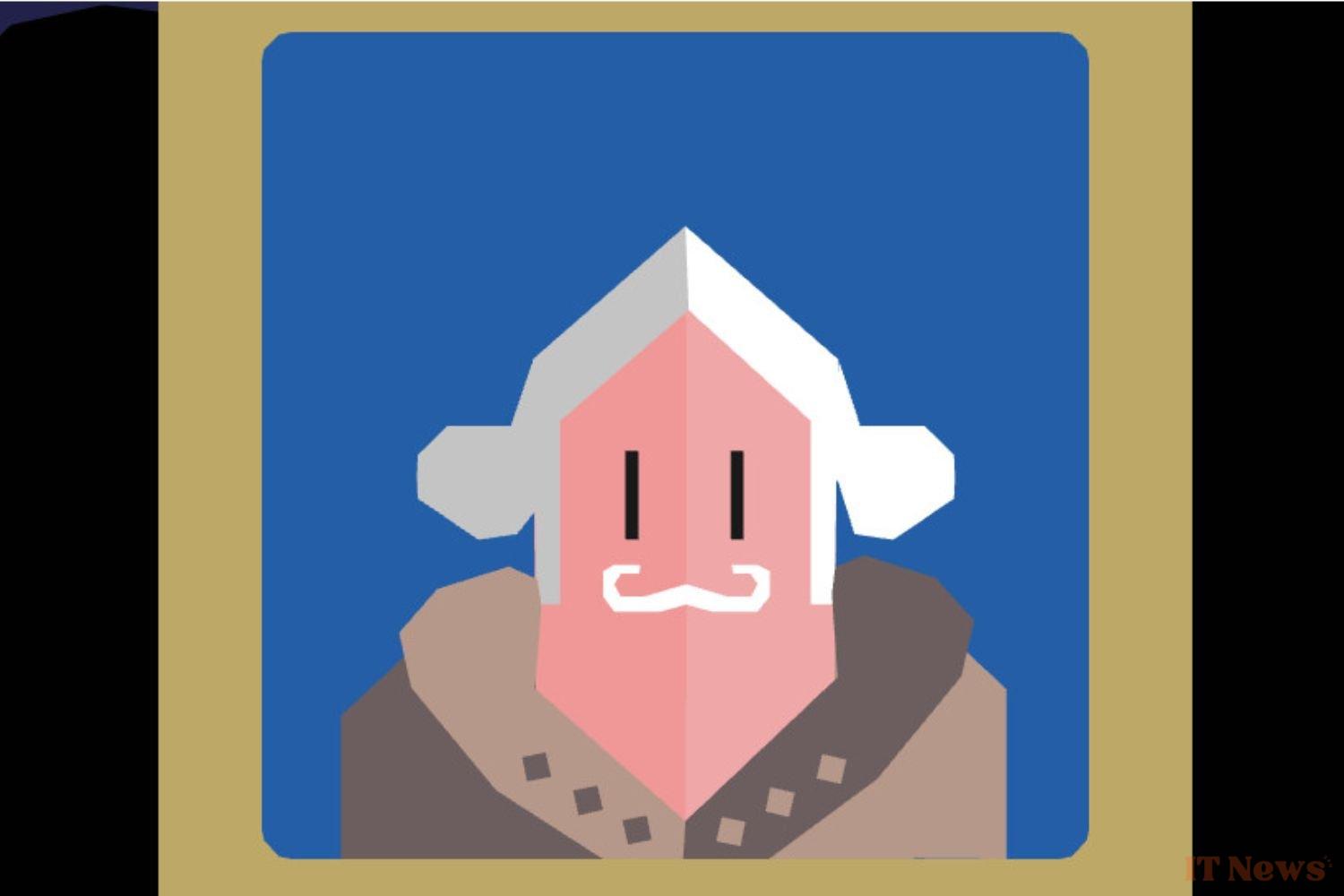Since the beginning of 2022, the video game industry has been experiencing a veritable shockwave. Despite record revenues in certain segments, layoffs are multiplying at an alarming rate. In the first quarter of 2025 alone, more than 1,600 developers lost their jobs around the world, affecting studios as diverse as Ubisoft, Striking Distance, and Night School Studio. This wave of restructuring is sparing no one – not even so-called "indie" publishers. like Devolver Digital.
During its last presentation to investors, the firm announced a return to growth and solid financial results. However, in the same breath, it revealed a significant reduction in staff in several of its studios.
The Reigns saga pays the price
The most recent One of the biggest victims is Nerial, the British studio behind the Reigns series. Nearly 40% of its staff have been cut as part of a restructuring intended to better prepare for future projects after recent mixed launches. Poland-based studio Artificer has seen more than half of its staff laid off. early 2024, just like Good Shepherd / Big Fan, with cuts exceeding 50%.
In total, the group went from 303 employees to around 270, a decline that is certainly moderate on an overall scale, but brutal for the studios concerned. These layoffs come at a time when Devolver has been increasing its acquisitions in recent years, integrating various studios into its portfolio in order to diversify its production.
But as the economic environment has become more tense – inflation, rising development costs, market saturation – The publisher now seems to want to tighten its sails, refocus its priorities and adopt a more rigorous policy when it comes to validating projects.
A more than uncertain future for developers
This phenomenon is not at all isolated. The video game industry seems to be caught up in its own gigantism. After years of expansion, driven by the explosion of the market During the pandemic, large groups and independent publishers alike are having to face a more austere economic reality: players are buying less, costs are exploding, and failed blockbusters are costing dearly.
These repeated layoffs raise a crucial question: is the current video game business model still viable? The industry is at a crossroads. On the one hand, successful game-as-a-services are attracting investment. On the other hand, narrative or more experimental projects are struggling to survive in the face of constantly rising budgets and a more selective audience.



0 Comments